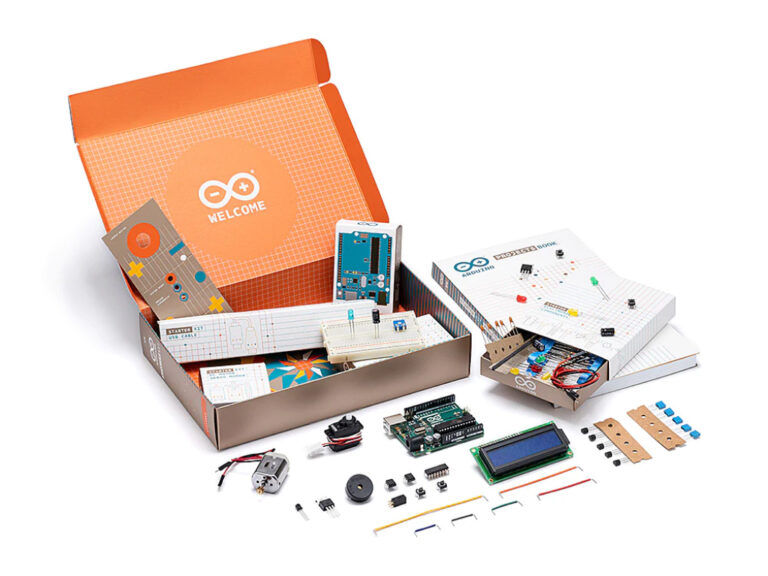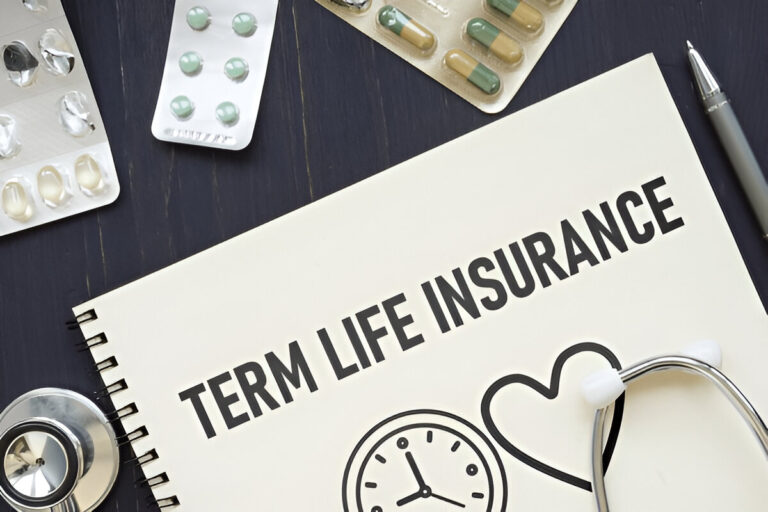When most people think about making a lasting impact after death, organ donation often comes to mind. But there’s another equally powerful option that contributes to the advancement of medicine and science in extraordinary ways: whole-body donation. This generous act plays a vital role in educating future healthcare professionals, supporting groundbreaking research, and even refining surgical techniques. For those looking to leave a legacy of service, whole-body donation offers a unique and meaningful opportunity.
This blog post will walk you through what whole-body donation is, how the process works, who is eligible, and what you and your family should consider before making this profound decision.
What Is Whole-Body Donation?
Whole-body donation is the process of giving your body after death to a medical institution, university, or research organization for educational and scientific purposes. Donated bodies are primarily used in anatomy labs where medical, dental, and nursing students learn the fundamentals of human biology. They are also used to help scientists study diseases and aid surgeons in developing new procedures or training on innovative medical devices.
Unlike organ donation, which typically benefits a single recipient, whole-body donation can influence hundreds of lives by shaping how doctors, nurses, and researchers are trained.
How Whole-Body Donation Benefits Society
The ripple effects of whole-body donation are vast. Some of the primary benefits include:
- Training Future Healthcare Providers: Students in medical and allied health programs rely on donated bodies to gain hands-on experience with human anatomy, an invaluable step before treating real patients.
- Advancing Scientific Research: Researchers use donated bodies to better understand diseases like Alzheimer’s, Parkinson’s, and cancer, and to explore new treatment options.
- Improving Surgical Outcomes: Surgeons often use cadavers to practice new or highly complex techniques in a risk-free environment before applying them in the operating room.
In many ways, whole-body donors serve as silent teachers, helping future medical professionals develop the competence and confidence they need to save lives.
Who Can Donate?
Whole-body donation is an option for many people, but not everyone qualifies. Programs typically screen for infectious diseases and may have specific criteria based on age, weight, or medical history. Common disqualifiers include:
- Infectious conditions such as HIV, hepatitis B or C, or tuberculosis
- Recent major surgery or physical trauma
- Advanced decomposition or autopsy prior to donation
- Extreme obesity or emaciation
Unlike organ donation, whole-body donation programs may still accept donors who were not eligible for transplant donations. However, acceptance is always determined at the time of death, so it’s wise to have an alternate funeral plan in case the donation is not possible.
The Donation Process: What to Expect
The process of whole-body donation is generally straightforward but should be planned in advance for the smoothest experience. Here’s how it typically works:
- Pre-registration: Although not always required, many organizations allow individuals to register in advance. This often includes filling out consent forms and providing medical history.
- Notification at Time of Death: When the individual passes away, a loved one or medical provider contacts the donation program. Time is of the essence, so having instructions ready is helpful.
- Screening and Acceptance: The organization confirms eligibility and arranges transportation of the body to their facility, typically at no cost to the family.
- Use of the Body: Depending on the program, the body may be used for several weeks to a few years in educational or research settings.
- Cremation and Return of Remains: After the studies are complete, the remains are cremated. Some organizations return ashes to the family upon request, while others offer group interment.
Financial Considerations
Many people are surprised to learn that whole-body donation can significantly reduce end-of-life expenses. Most donation programs cover:
- Transportation of the body
- Affordable cremation services
- Filing of the death certificate
Some states offer reduced or no-cost cremation for those making whole-body donations. Among them are free cremation Florida, Nevada, Arizona, and Rhode Island. This makes the process an affordable alternative to traditional funerals or direct cremation services. However, families should still confirm what is covered by their chosen program, as policies vary.
Talking With Loved Ones
Even if you feel confident in your decision to donate your body to science, it’s essential to talk to your loved ones. These conversations can be emotional but are necessary for clarity and peace of mind. Your family should understand your wishes and know which organization to contact when the time comes.
Some families find great comfort in their loved one’s donation, knowing it helped educate a new generation of medical professionals or contributed to scientific breakthroughs.
How to Choose a Reputable Donation Program
To ensure your gift is handled with the dignity it deserves, choose a program that is:
- Affiliated with an accredited medical school or university
- A member of the American Association of Tissue Banks (AATB) or similarly recognized organization
- Transparent about how donations are used and how remains are handled
Avoid for-profit brokers or programs that charge hidden fees or cannot explain their procedures clearly.
A Legacy That Lives On
Whole-body donation isn’t just a logistical decision—it’s a deeply personal choice that reflects values of generosity, service, and lifelong learning. By donating your body to science, you’re making a meaningful contribution that can outlast any memorial service or gravestone. You are helping students learn, scientists discover, and doctors heal.
Whether you’re considering it for yourself or exploring options for a loved one, whole-body donation offers an incredible opportunity to give back in the most human of ways—by helping others live better, longer, and healthier lives.






